~というほどではない is an expression to say “the extent of something is not as much as you would call ~.” It is often used to make a humble statement about oneself.
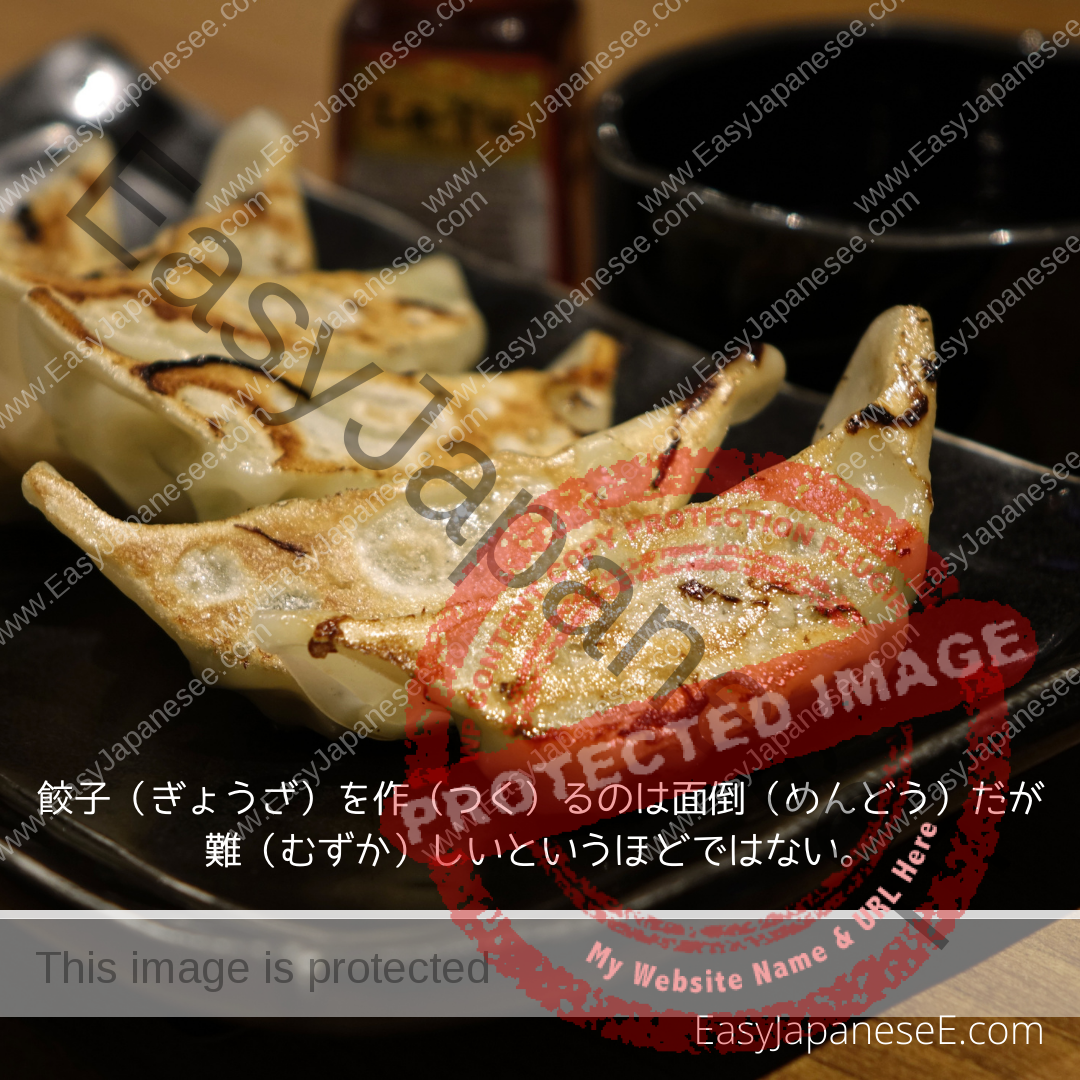

~というほどではない is an expression to say “the extent of something is not as much as you would call ~.” It is often used to make a humble statement about oneself.
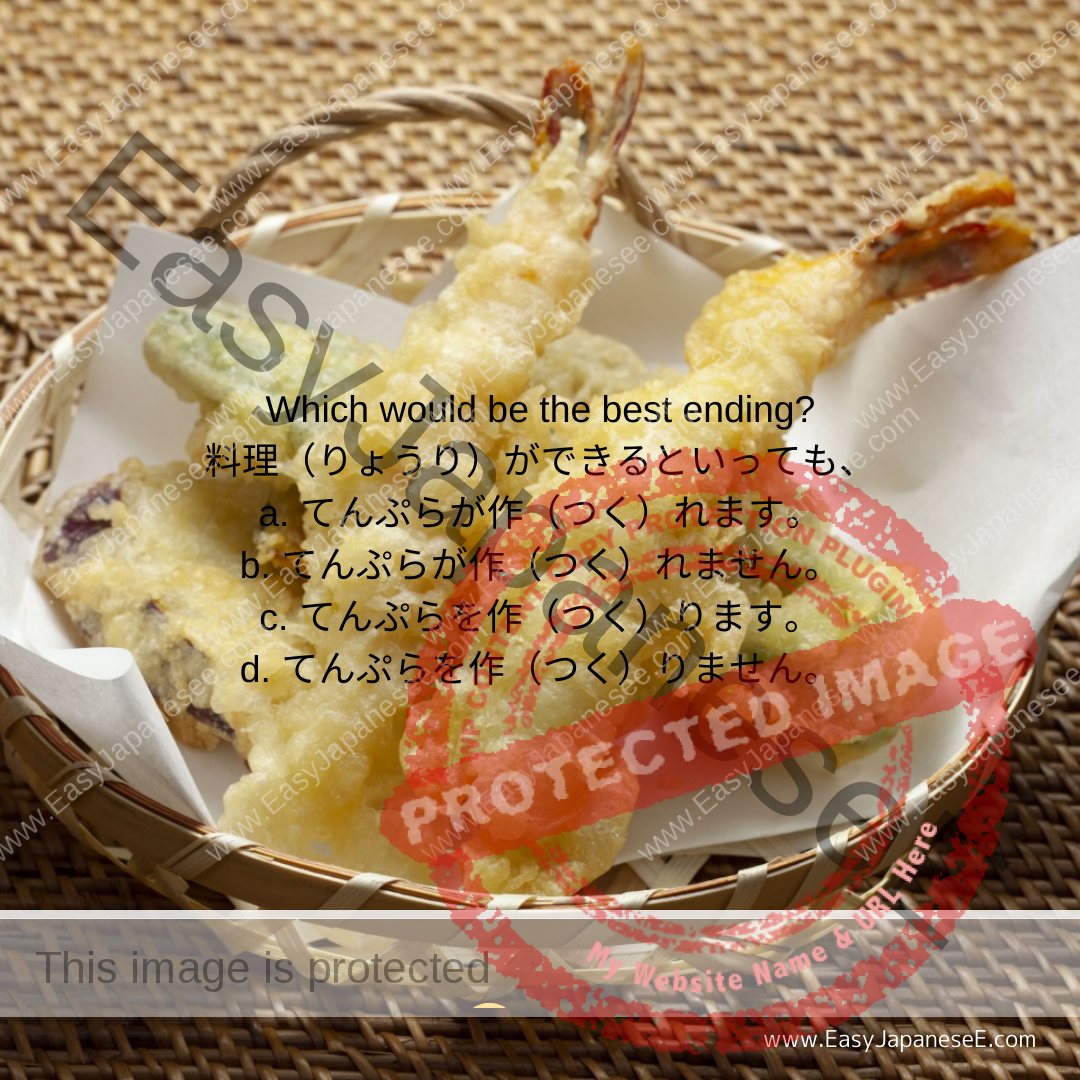
Today’s Question Which would be the best ending?料理りょうりができるといっても、a. てんぷらが作つくれます。b. てんぷらが作つくれません。c. てんぷらを作つくります。d. てんぷらを作つくりません。 Today’s Grammar Point: ~といっても [plain clause] + といっても…
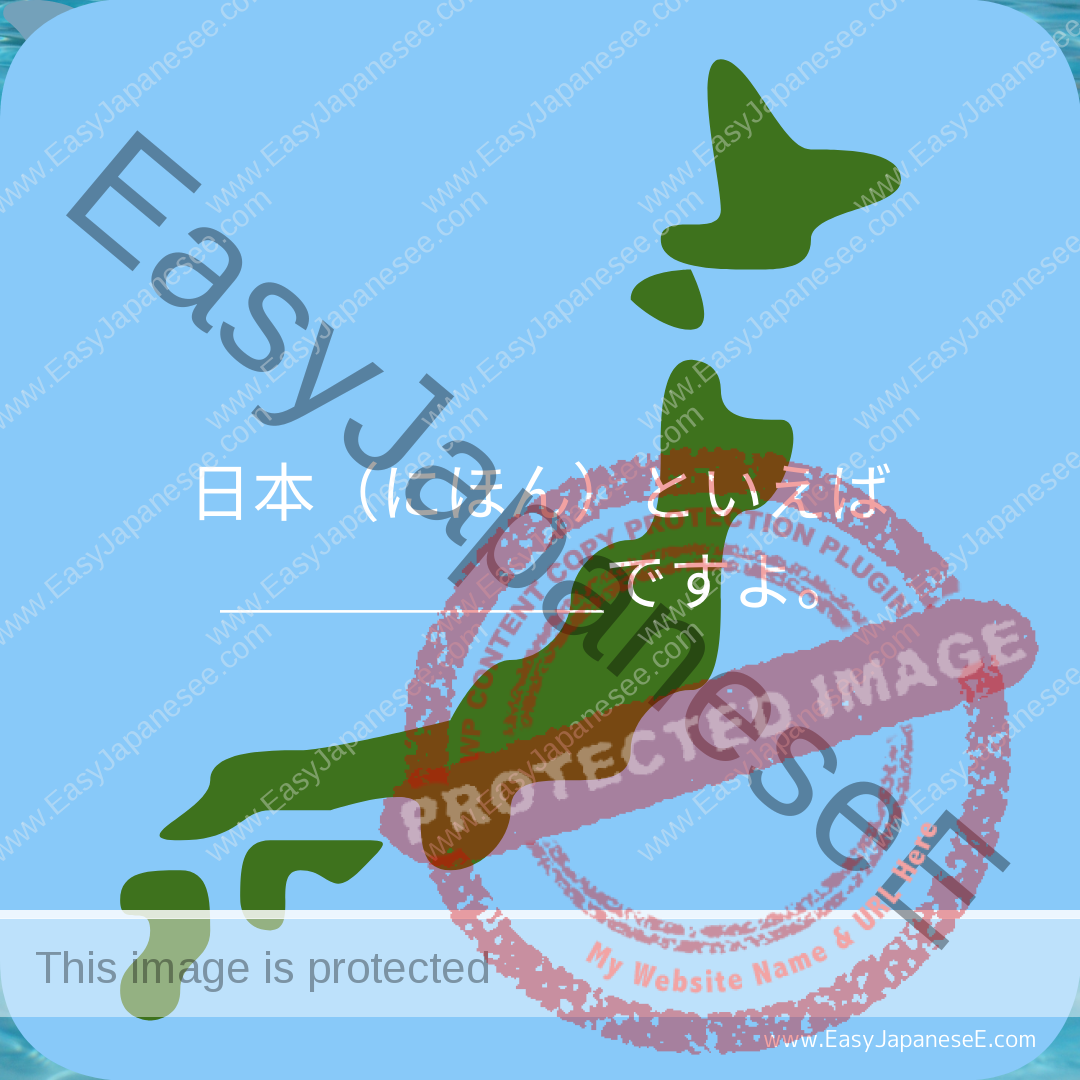
Today’s Question 日本といえば、____ですよ。What would you put in the blank? (Please note there is no right or wrong answer to this…

Today’s Grammar Point: ~ということになる Connection [noun] + ということになる[clause] + ということになる Meaning … would mean ~ (It is not as sure…

Today’s Grammar Point: ~ということは、…ということだ Connection [clause A] + ということは、[clause B] + ということだ Meaning [clause A] means [clause B] This pattern…

Today’s Grammar Point: ~ということだ Connection [clause] + ということだ Meaning There are 2 meanings for this. I hear ~, I heard…
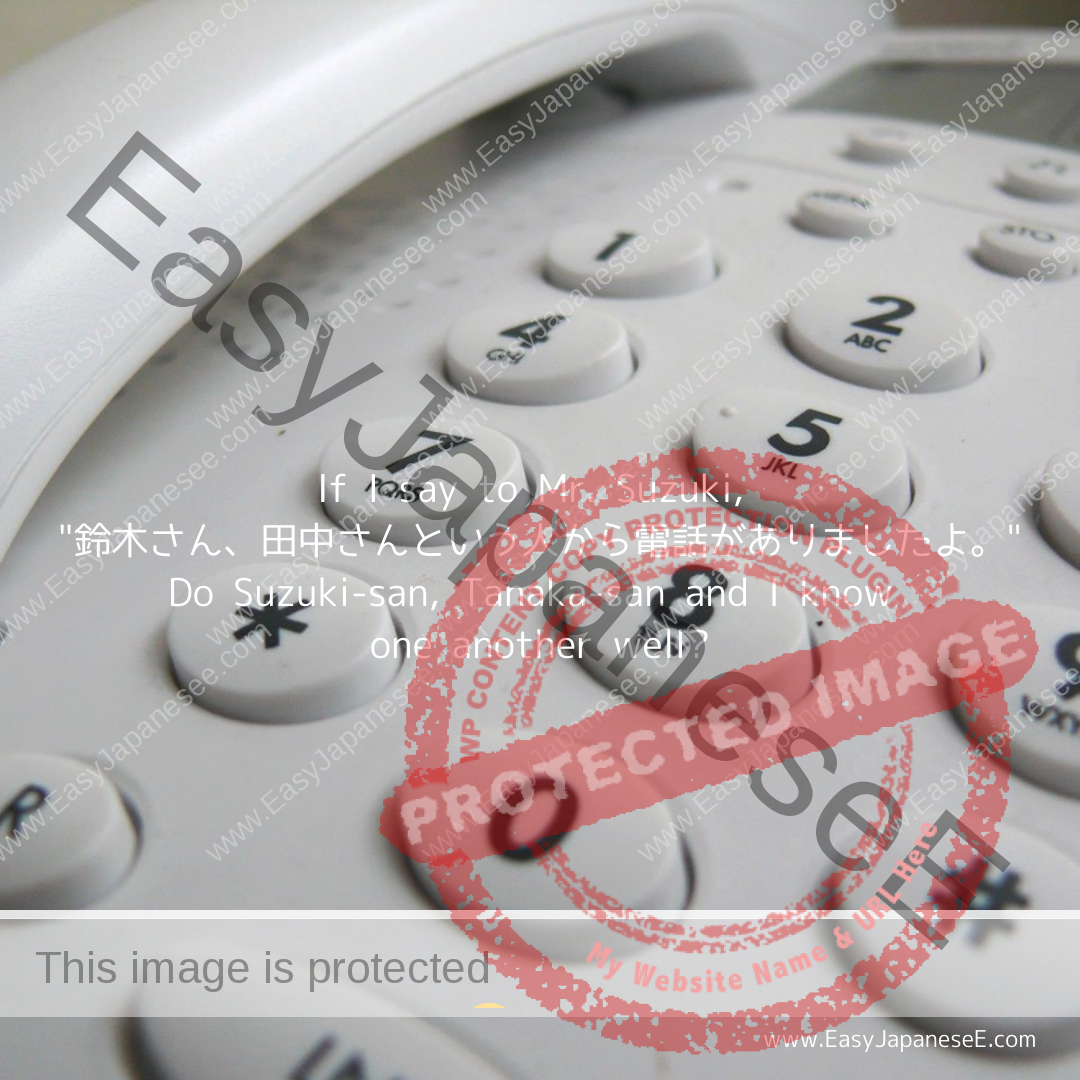
Today’s Question If I say to Suzuki-san, “鈴木すずきさん、田中たなかさんという人ひとから電話でんわがありましたよ。”Do Suzuki-san, Tanaka-san and I know one another very well? Today’s Grammar Point:…

Today’s Question You saw a menu item きょうのおばんざい. You’ve never seen/heard the word おばんざい, so you want to know what…
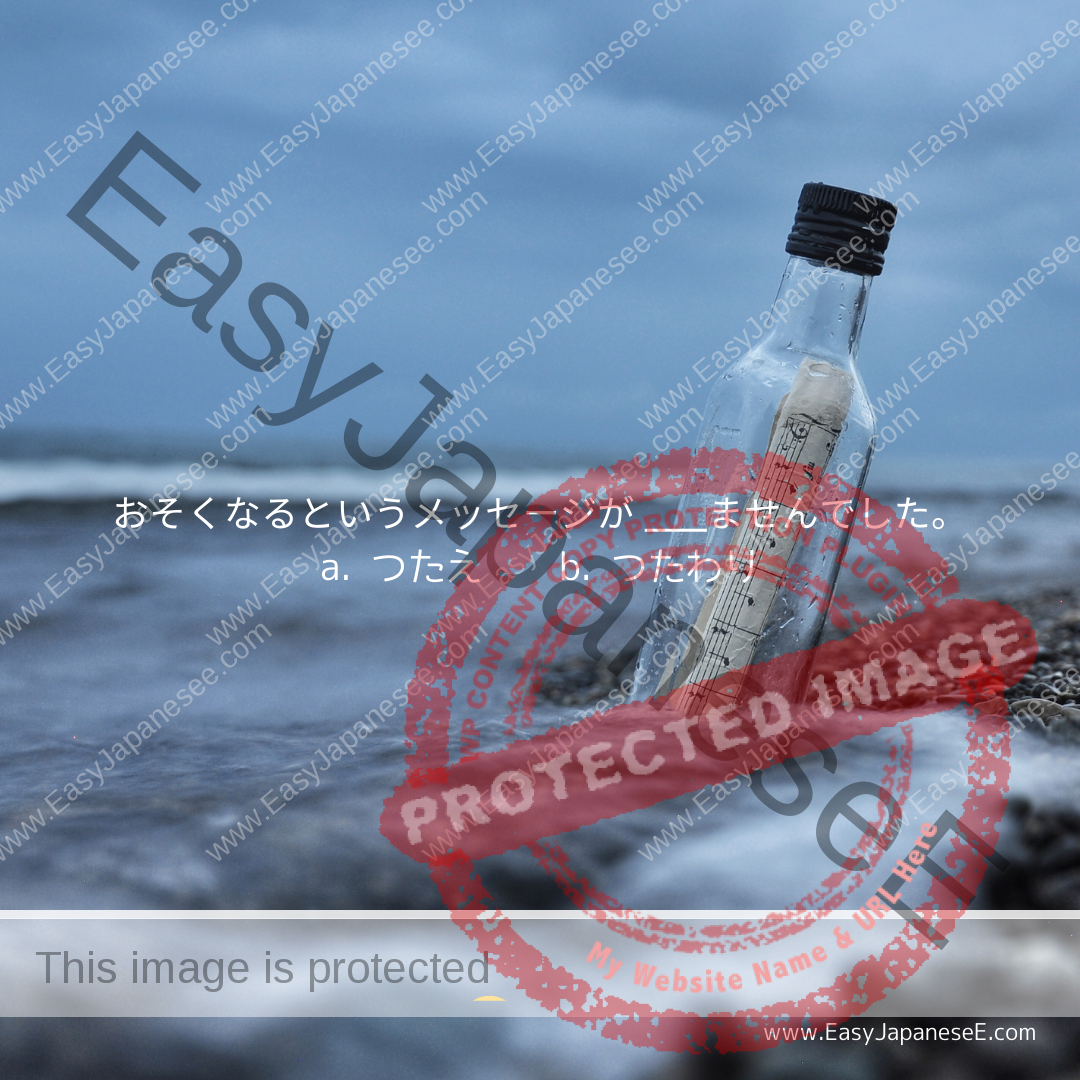
おそくなるというメッセージが ませんでした。a. つたえ b. つたわり The intended meaning is: “The message that I would be late didn’t get conveyed” so…

~という has a few different meanings but if ~という is followed by a noun, it usually means “[the noun] called ~.” Check how it’s used here.
